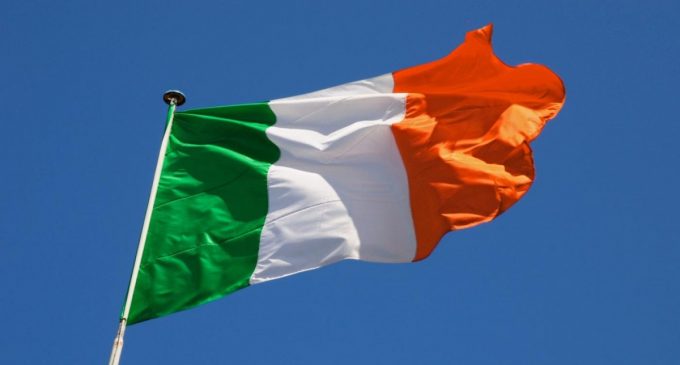Food Drink Ireland Publishes New Economic Analysis Brexit Report

Food Drink Ireland (FDI), the Ibec group that represents the food and drink industry in Ireland, has published new economic analysis that details the need for urgent support measures for the sector as it faces serious economic disturbance following the end of the Brexit transition period.
FDI Director Paul Kelly outlined: “The Irish food and drink sector is by far the most exposed of any sector in any country in Europe to Brexit – deal or no deal. Supports are urgently needed not just to save companies within the food and drink sector, but also the jobs, communities, and downstream suppliers reliant on them, including the farming sector and its longer-term sustainability.”
“In 2019, over 37% of Irish food and drink exports, valued at €4.5bn, went to the UK market. In contrast, other member states typically see less than 10% of their food and drink exports go to the UK market. Irish food products account for seven of the ten most exposed country/ food and drink product matches in the EU, with significant additional costs for Irish food and drink companies potentially arising from additional customs procedures, regulatory burdens, and rising transport costs.
“Along with this, our research shows the sector has a high employment multiplier effect, supporting employment in other diverse sectors within the economy. Over the past decade, the food and drink sector has spent over €120 billion in payroll and purchases in the Irish economy, accounting for 45% of the total of all manufacturing exporters. €82 billion of this amount was purchases of materials from primary producers and other domestic firms in their supply chain. Intermediate purchases made by food and drinks producers from the agriculture sector in 2012 made up 85% of the total external product flows from the agricultural sector. This level of purchasing is the main facilitator of farm incomes and investment in the Irish economy. Failure to address the serious economic disturbance that will follow the end of the Brexit transition period would have devastating effects on the wider economy.”
The report holds that funds amounting to 5% of the value of current annual export sales to the UK will be needed annually from domestic and EU sources for at least three years. These state aid supports and funds drawn from the EU’s €5 billion Brexit Adjustment Reserve should be targeted as follows:
- Enterprise stabilisation – Short term measures to allow the Irish Government to re-introduce the Employer Wage Subsidy Scheme for Brexit impacted companies in a no-deal scenario. The scheme should be put on a scenario-contingent footing and be reintroduced on a temporary basis where firms are struggling due to immediate loss of income or substantial cost increases due to Brexit.
- Investment in competitiveness – Medium term measures to allow the Irish Government to introduce investment aids to support Irish food and drink companies invest in enabling technology, management training and upskilling, plant renewal and expansion, refinancing, market development and innovation to regain competitiveness following single market fracture.
- Improve export capability – Introduce a state supported export credit insurance scheme to ensure the expected gap in supply of export credit insurance does not impact on the ability of Irish firms to export.
- Diversification and Innovation– Additional funding for direct grant supports for innovation, marketing and trade promotion for companies looking to build new markets in the EU and internationally. Ensure state agencies make full use of the new state aid guidelines to fund up to 50% of research and development projects which support future business growth.
- Direct connectivity to continental markets – Ensure sufficient accompanied roll on / roll off capacity for direct ferry routes to the continent.
- Customs skills – provide direct supports to cover the additional ongoing costs associated with developing and maintaining customs clearance capability. These supports will be required throughout the remainder of 2020 and 2021.
In addition, a Tariff Support Mechanism will be required in the event of no deal:
- A fund to offset the tariff amount imposed by the UK on the most exposed sectors. This would allow industry to keep trading with our UK customer base, maintain our UK market position and avoid massive displacement of produce onto EU markets with consequent price collapse. The fund should also offset the impact of EU tariffs on indigenous manufacturers importing critical raw materials.



































